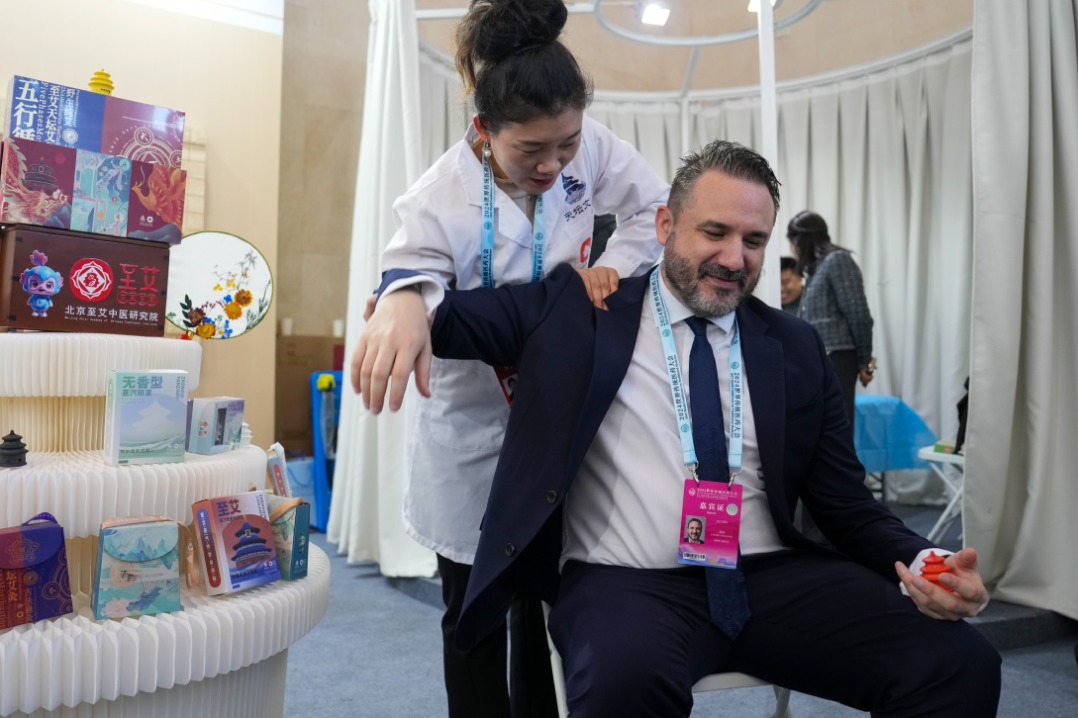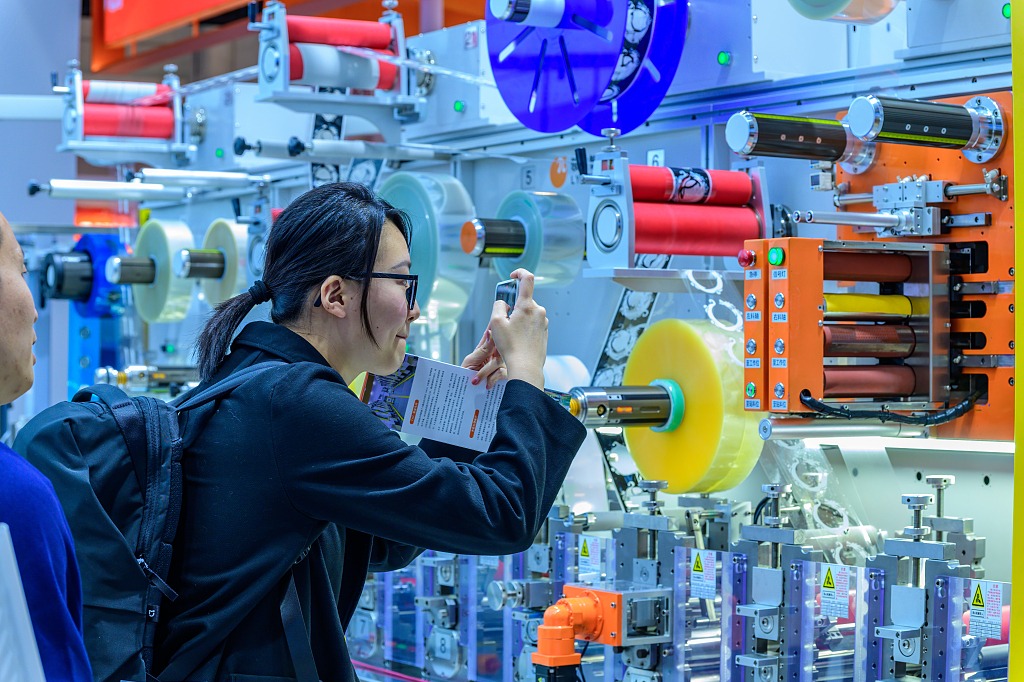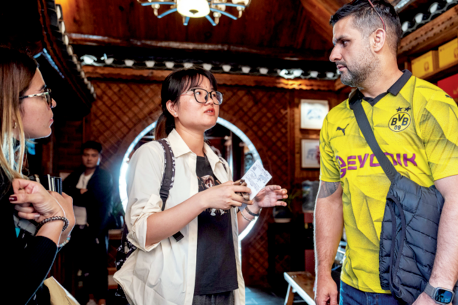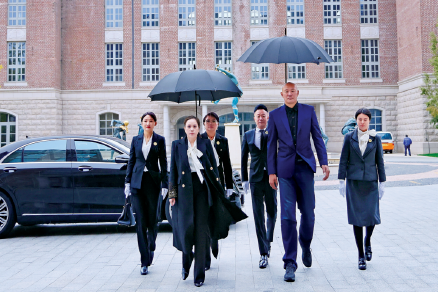China-proposed group to boost AI cooperation
International community urged to build partnerships for 'brighter, smarter future'


A new international group proposed by China was launched at the United Nations on Tuesday, during a meeting co-chaired by China and Zambia, to promote global cooperation in building artificial intelligence capacity.
Representatives from more than 80 other countries, including Egypt, Pakistan, Brazil, Ethiopia, Indonesia, Russia, the United States, France and the United Kingdom, also attended the inaugural meeting of the Group of Friends for International Cooperation on AI Capacity Building.
The UN's Office of the Secretary-General's Envoy on Technology was represented as well.
Fu Cong, China's permanent representative to the UN, emphasized the need to harness AI for good, promote fairness and inclusivity, uphold multilateralism and focus on capacity-building.
He said that the Group of Friends aims to foster broad partnerships, implement practical actions, and support sustainable development worldwide through AI.
"We hope this Group of Friends can play a role in helping the international community seize the immense opportunities presented by digital development, build partnerships, and undertake actions for a brighter and smarter future," Fu said. "We must promote AI for good."
AI can play a crucial role in implementing the UN's 2030 Agenda, enhancing people's well-being and addressing global challenges, he added, but the development of AI also could bring conflicting rules, social risks and ethical challenges.
"We must always keep in mind that high-quality AI development can only be possible when robust security guardrails are in place. AI must always be under human control," he said.
Fu also said that "we must uphold fairness and inclusiveness", and he called for ensuring that all nations have equal opportunities to develop and benefit from AI in an open, nondiscriminatory environment.
In addition, he called for "championing multilateralism" and advocating collaborative global efforts to make AI a tool for the collective benefit of humanity rather than a privilege for a select few.
Emmanuel Pamu, permanent secretary for budget and economic affairs in Zambia's Ministry of Finance and National Planning, stressed the importance of bridging the AI divide and supporting the UN's role in global AI governance.
He called on all parties to back the Group of Friends and strengthen international cooperation.
China has increasingly focused on AI development in recent years. Last year, President Xi Jinping introduced the Global AI Governance Initiative, aiming to address key challenges in AI governance and promote global cooperation.
In July, under the guidance of the initiative, China led the unanimous adoption of a UN General Assembly resolution on AI capacity-building. The resolution was co-sponsored by 143 countries, including the US.
The Group of Friends is rooted in the resolution, which aims to enhance international collaboration on AI capacity-building and promote "an open, fair and nondiscriminatory business environment".
The resolution "encourages international cooperation to help countries, especially developing ones, strengthen AI capacity, enhance their representation in global AI governance, and advocate for an open, fair and nondiscriminatory business environment", Fu told the General Assembly.
More recently, China and Zambia co-hosted the High-Level Meeting on International Cooperation on Capacity-Building of AI during the General Debate of the 79th session of the UN General Assembly in September.
At the event, China's Foreign Minister Wang Yi introduced the AI Capacity-Building Action Plan for Good and for All. He also proposed establishing the Group of Friends for International Cooperation on AI Capacity Building.
minluzhang@chinadailyusa.com




































